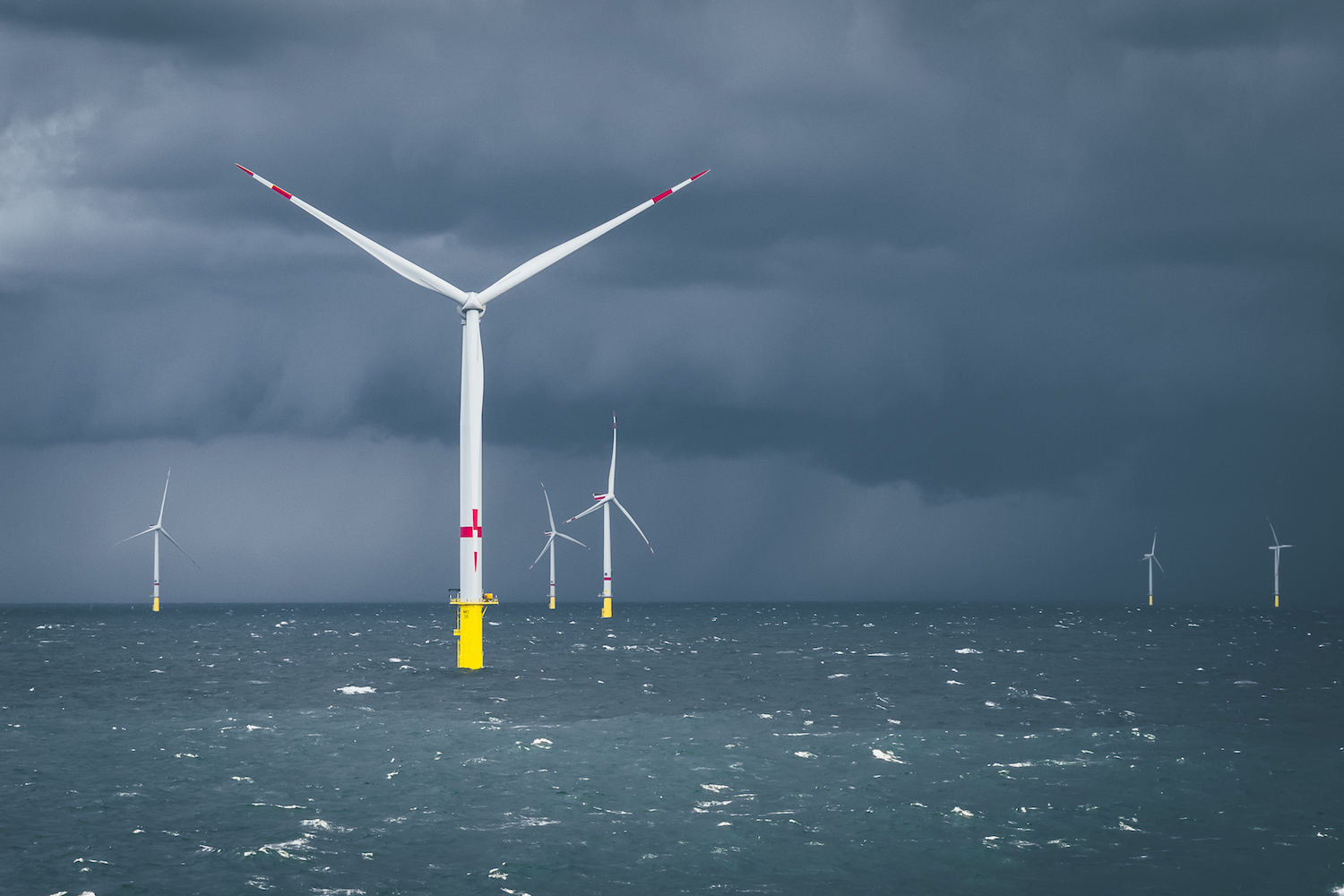ImpactAlpha, July 22 – A sweltering heat wave gripped much of the U.S. this weekend. June was the hottest month on record, according to the National Oceanic and Atmospheric Administration. The spiking temperatures provide a stark reminder that corporations and investors ignore the shift away from fossil fuels to more sustainable energy at their (and the planet’s) peril.
General Electric’s missteps in the energy market serve as a cautionary tale, according to a report from the Institute for Energy Economics and Financial Analysis. GE “is a case study in how rapidly the global energy transition away from fossil fuels travels up the economic chain and destroys value,” say the authors.
- Impact omega. GE lost $193 billion, or 74%, of its market value from 2016 to 2018. The authors chalk up the value-destruction in large part to GE’s ill-timed acquisition of Alstom’s thermal power division in 2015, just as world leaders committed to reducing emissions and thermal demand began to soften. GE last year took a $23 billion write-down for the unit’s goodwill—roughly double its purchase price just three years earlier.
- Shareholder neglect. GE’s largest shareholders, including BlackRock, Vanguard, State Street and Fidelity, suffered massive losses, $11 billion for BlackRock investors alone over a three-year period. The report calls out shareholders for failing to grasp the global transition to clean energy. “BlackRock owned 5.7% of GE’s stock and so should have been a more active and well‑informed owner,” said IEEFA’s Tom Sanzillo (see, “Impact investors join forces to call on GE to lead the clean-energy transition”).
- Stranded assets. “The equity and debt write-offs at GE, and in the European utility sector and Indian thermal power generation sector over the last decade, are just a taste of the potential stranded asset losses to come,” conclude the authors.
- Catch up. Last week, GE and BlackRock teamed to spin out Distributed Solar Development from GE. The company, 20% owned by GE Renewable Energy and 80% owned by a fund managed by BlackRock, will build, own and operate distributed solar and storage solutions for customers. “There was a lot of debate about what I was doing,” said Erik Schiemann, who launched the business within GE in 2012. “I argued that if we don’t try to disrupt our own business, someone else will.”











